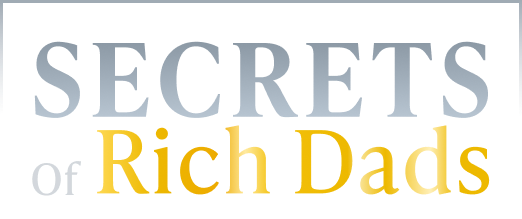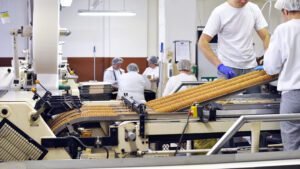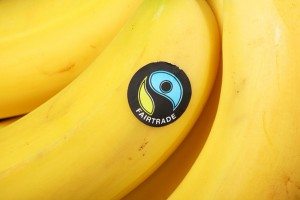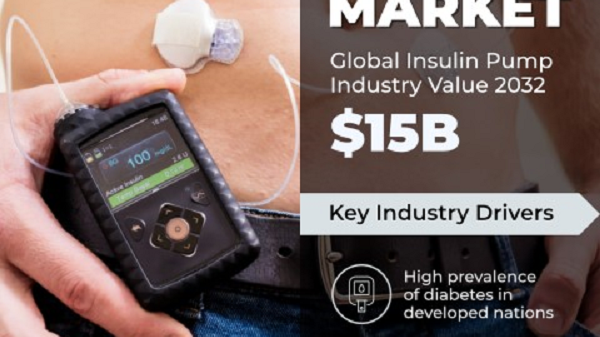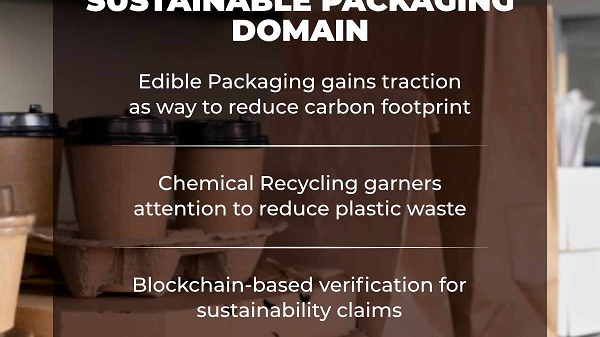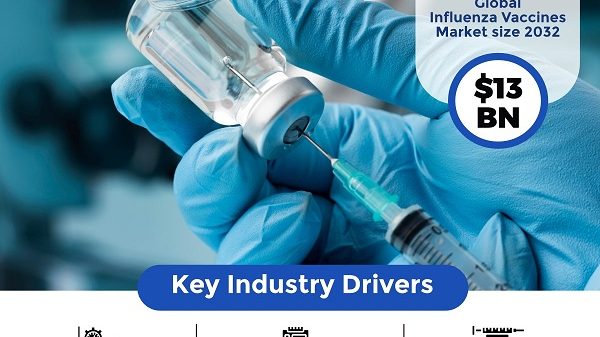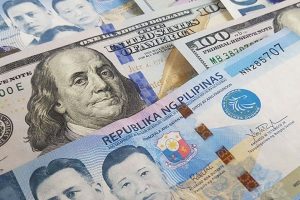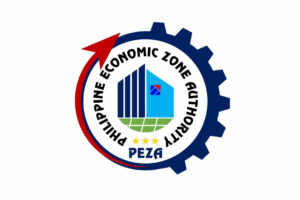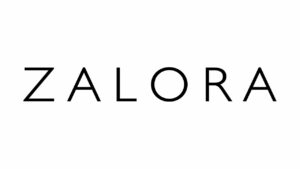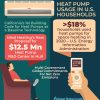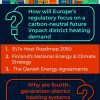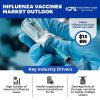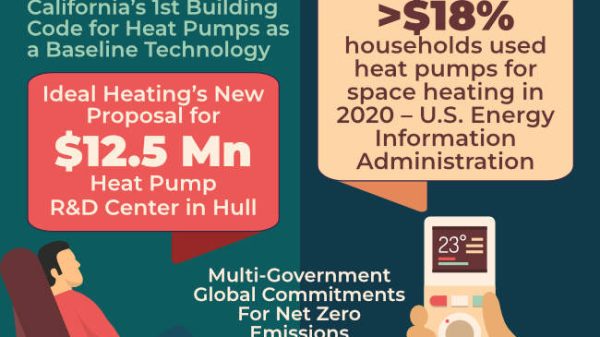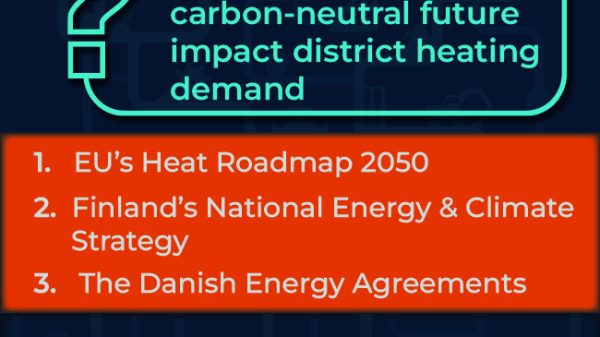For decision makers in the sustainable packaging market, it is crucial to recognize the critical role that eco-friendly materials, food packaging, and emerging trends play in shaping the future of packaging solutions. By aligning with sustainability principles, businesses can not only meet consumer demands for environmentally responsible products but also contribute to the preservation of our planet for future generations.
With heightened awareness about the detrimental effects of traditional non-biodegradable materials on the environment, consumers are actively seeking more sustainable alternatives. This shift in consumer preferences has propelled the demand for biodegradable paper and plastic, among other materials, driven by the desire to reduce waste and minimize ecological footprint.
According to 2023 survey data released by Trivium Packaging, around 82% respondents were ready to spend more on sustainable packaging.
Similarly, European Association of Carton and Cartonboard manufacturers, Pro Carton, had stated that from 5,000 consumers surveyed, 64% said a sustainable lifestyle was becoming more important for them and their families in recent years.
Worldwide, food packaging companies are innovating to develop solutions that minimize environmental impact while ensuring the safety and freshness of food products. By transitioning to sustainable food packaging solutions, businesses can reduce their carbon footprint, minimize waste, and meet the growing demand for environmentally conscious products.
Stricter regulations and government initiatives aimed at reducing plastic pollution have further accelerated the adoption of biodegradable alternatives. As a result, businesses operating in this space are witnessing a surge in demand for their eco-friendly products, signaling a promising future for the sustainable packaging market.
In fact, Global Market Insights, Inc. reports that the biodegradable paper and plastic packaging industry size alone could witness over 11% CAGR between the years 2024-32, from F&B, healthcare, personal care and other application areas.
Focusing on Sustainable Food Packaging
Sustainable food and beverage packaging represents a significant area of focus within the eco-friendly packaging market. With consumers increasingly seeking greener alternatives, manufacturers are innovating to develop packaging solutions that minimize ecological impact while ensuring the safety and freshness of food products. From compostable trays made from plant-based materials to biodegradable films derived from renewable resources, the options for sustainable food packaging continue to expand.
The utilization of recycling for sustainable food packaging has emerged as a crucial strategy in addressing environmental concerns and promoting a circular economy. By incorporating recycled materials into food packaging, companies can significantly reduce the consumption of virgin resources, energy usage, and greenhouse gas emissions associated with traditional packaging production. From recycled cardboard boxes to compostable plastics made from recycled materials, the application of recycling in food & beverages packaging is growing.
As per the Institute for the Advancement of Food and Nutrition Sciences, conclusions from a study on recycled polypropylene show that the materials demonstrated good mechanical performance with regards to flexibility, strength, integrity, and resistance in food packaging. The study was based on the use of recycled material in plastic food packaging, and further research could bring out promising results to develop cost-effective and sustainable food packaging solutions.
Adoption of recyclable packaging is also increasing in beverage products, keeping in line with consumer demand for a circular economy. For instance, Germany-based vegan food company Fairfood announced in early 2024 that it will use GREENCAN packaging developed by Sonoco for its powdered oat drinks. GREENCAN is made from recycled materials and can be recycled in paper streams.
A major area of development for food packaging will be the meat and seafood processing sector. Animal protein forms a key part of daily consumption for most people in North and South America, Europe, and Southeast Asian countries. Brazil, which is the worlds largest poultry meat exporter, had produced more than 14.5 million tons of chicken meat in 2022 along with over 4.9 million tons of pork meat, reported the Brazilian Association of Animal Protein.
With packaged food consumption rising due to urbanization, demand for convenient and ready-to-eat food options and improving shelf life, the need for eco-friendlier and safer materials for meat products will surge. As per a study, the meat, poultry and seafood packaging films market will surpass US$35 billion in value by 2032, presenting strong prospects for sustainable and recyclable F&B packaging developers.
Eco-friendly Packaging in Healthcare
The healthcare sector is increasingly embracing eco-friendly packaging solutions to mitigate its environmental impact while ensuring the safety and efficacy of medical products. From pharmaceuticals to medical devices, the adoption of sustainable packaging materials and practices is driven by a recognition of the sector’s significant waste generation and carbon footprint.
In the medical sector, single-use plastics see tremendous use and are used in products which are disposed after a single use. Healthcare facilities in the U.S. are said to generate over 14,000 tons of was daily, nearly 25% of which is plastic. Increasing the use of recycled materials in products could help cut down on landfills or incinerated waste and lower the plastic pollution. As per U.K.’s Waste and Resources Action Program, 7% of healthcare plastic waste was recycled as of early 2023, but further steps could be taken to boost this share.
Global manufacturers and pharmaceutical companies are shifting to sustainable packaging materials for use in hospital environments, medicine wrapping and medical device packaging to meet the demand for a circular economy in healthcare. Introducing recycling initiatives will also be a critical part of the industry’s efforts towards sustainability.
Renowned children’s pain and fever relief brand, Calpol, had recently partnered with Tesco for a novel recycling trial. This initiative aims to streamline the disposal process of challenging-to-recycle medicine packaging and materials, and customers were allowed to drop used or old empty-capped plastic medicine bottles, plastic syringes, plastic medicine spoons, and blister packs designated recycling units.
Germany company Schreiner MediPharm, in 2022, had investigated the use of an innovative Needle-Trap safety solution. The product was made using less plastic than conventional options and comprised of up to 50% regranulated material.
In March 2023 it was reported that many pharmacies in the U.S. had rolled out sustainable prescription packaging Phill Box, a pill bottle replacement. Suited for oral doses, the product represented a promising step ahead in the field of recyclable, compostable and easy-to-use pharmaceutical packaging.
During January 2024, Bormioli Pharma and Loop Industries, Inc. had affirmed the production of a packaging bottle for pharmaceutical use made with 100% recycled virgin quality Loop PET resin. This premium packaging alternative sets a new benchmark for responsible solutions, establishing a fresh standard for sustainability within the pharma sector.
As apparent from the above cases, eco-friendly packaging in the healthcare industry encompasses various initiatives, including the use of recyclable, compostable, or biodegradable materials. Furthermore, it involves reducing packaging size and weight, which can minimize resource consumption and transportation emissions.
New Trends in Sustainable Packaging
Several new trends are shaping the landscape of sustainable packaging. One notable trend is the rise of edible packaging, which offers an innovative solution to reduce packaging waste while providing additional nutritional value. Edible packaging materials, such as seaweed-based films and edible coatings, are gaining attention for their potential to revolutionize the way products are packaged and consumed.
Another trend is the adoption of advanced recycling technologies, such as chemical recycling and pyrolysis, which enable the conversion of plastic waste into high-quality raw materials for new products. The use of blockchain technology for supply chain transparency and carbon footprint tracking is gaining traction, allowing businesses to demonstrate the sustainability of their packaging practices with verified data.
Edible Packaging to tackle plastic pollution – In recent years, the concept of edible packaging has garnered significant attention as a promising solution to address environmental concerns associated with traditional packaging materials. This innovative approach not only offers a sustainable alternative to conventional packaging but also introduces new possibilities for reducing waste and enhancing consumer convenience in the food and beverage industry.
British packaging innovator Xampla has developed a 100% plant-based, and gluten-free edible flexible film. The material can function as a natural plastic free alternative for single-use plastics, enabling consumers to eat the food product along with the wrapper. Similarly, Evoware, based in Indonesia, is using seaweed for develop edible packaging which is safe to consume.
A Big Idea Ventures fund, GFRP, acquired DisSolves in early 2024, to pilot sustainable food packaging with world’s biggest food producers. DisSolves is an edible packaging startup, offering a film that is robust enough for processing in packaging equipment but can dissolve in cold water in 30 seconds. It shows the readiness of VCs and investors to bet on green technology and environmentally friendly products, bolstering sustainable packaging industry outlook.
Bringing in Chemical Recycling Trend – The emergence of chemical recycling presents a breakthrough solution, offering to recycle previously non-recyclable packaging materials. While it entails a higher cost compared to mechanical recycling, the method could be a vital option for diminishing the volume of plastic waste destined for landfills or incineration.
ExxonMobil, a prominent foil supplier for packaging industry, is boosting its efforts for chemical recycling. It is building advanced recycling facilities across the world and already boasts a capacity of processing over 175 million pounds of plastic waste every year, with plans to recycle nearly 500 million pounds of used plastic per year by 2026. Chemical giant Dow is also planning to develop plants for additional 600 kilotons capacity chemical recycling across the U.S. and Europe.
Representing major breakthroughs in emerging economies, Reliance Industries, one of the largest corporations in India, in 2023 became the first company in the country to chemically recycle plastic-waste based pyrolysis oil into polymers that are ISCC-Plus certified. For providing higher yields of good quality pyrolysis oil, Reliance has developed a continuous catalytic pyrolysis technology.
Use of Blockchain for Sustainability Claims – Blockchain technology offers transparency and traceability throughout the supply chain, enabling stakeholders to verify the authenticity and sustainability claims of packaging materials. By securely recording every transaction and movement of materials, blockchain enhances accountability, reduces fraud, and fosters trust among consumers, ultimately driving the adoption of sustainable practices and promoting circularity in packaging.
A leader in leader in sustainability communications technology, Provenance, had reported from its research that less than 25% shoppers in England agreed that cosmetic brands are being transparent about their environmental impact. More than 200 brands work with the organization to ensure digital verification of claims such as net zero packaging or recyclable packaging. Provenance is using blockchain to help verify over 80 claims made by these companies, delivering better information to consumers.
Future of the Sustainable Packaging Market
Eco-friendly packaging goes beyond material choice to encompass the entire lifecycle of packaging products. From design and production to distribution and disposal, businesses are increasingly adopting practices that prioritize environmental sustainability. The future of the sustainable packaging market is bright, with continued growth and innovation expected in the coming years.
Regulatory initiatives aimed at reducing single-use plastics and promoting circular economy principles are likely to shape the direction of the packaging industry, driving further innovation in sustainable packaging solutions. By embracing sustainability as a core value and prioritizing environmental stewardship, businesses can position themselves as leaders in the sustainable packaging market and contribute to a more sustainable future for all.
